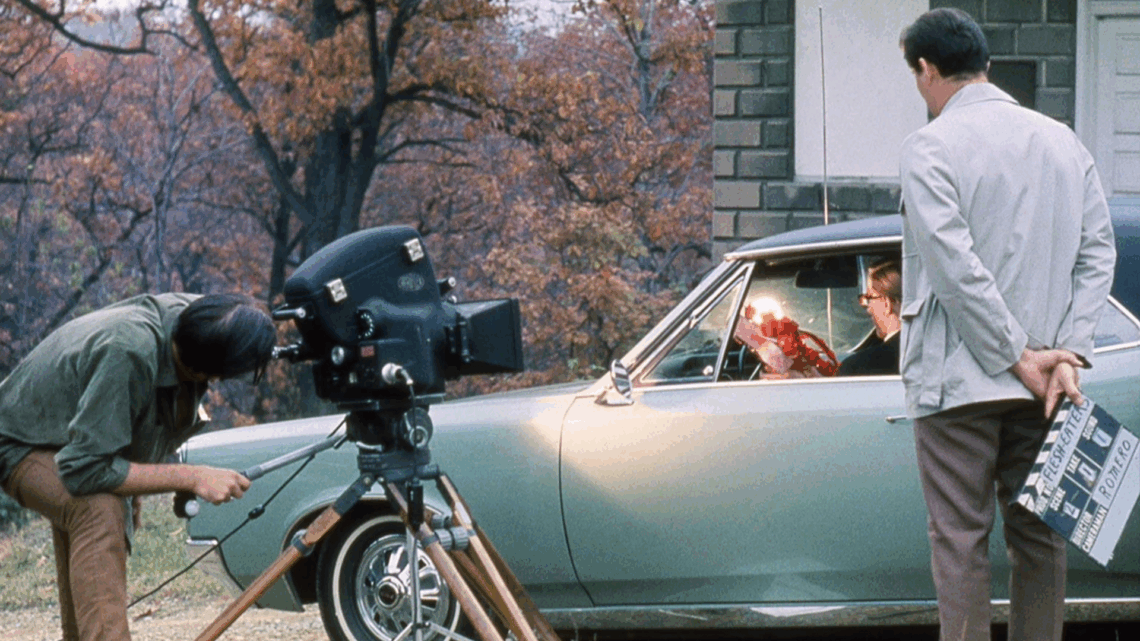One of the fastest ways to destroy your film project is to conflate efficiency with productivity.
This happens in business (as well as film) all the time.
In the name of efficiency, corners are cut and shortcuts are created. The logic is that by doing things more efficiently, you can accomplish more tasks, faster. And therefore obtain whatever your objective is in less time and with less effort.
Only that’s not how it actually works.
Most of the time, at least in business, people create efficiencies around the wrong things. They obsess over batching their daily tasks or optimizing their schedules, only to realize they are completely missing the bigger picture.
Sure, their day to day workload may have gotten 15% faster or easier. But the real question is – are they even working on the right things?
Two years into it, they realize they’ve become really good at optimizing work that doesn’t matter. And using it to distract themselves from the important stuff – which they aren’t doing. When their business fails, that’s the reason why.
The difference between efficiency and productivity is everything. The former will masquerade as the latter, but being efficient is no substitute for being productive. If anything it can hinder you ability to get there.
This principle applies as much to filmmaking and creativity as it does to business or anything else.
Years ago Jerry Seinfeld was asked whether he could have found a more sustainable way to make his iconic sitcom. This is what he said:
“If you’re efficient, you’re doing it the wrong way. The right way is the hard way. The show was successful because I micromanaged it—every word, every line, every take, every edit, every casting. That’s my way of life.”
This is the reality of making art. There are no shortcuts. And if you’re looking for one, by default you aren’t invested enough in the most crucial aspects of the creative process.
As a filmmaker, it’s not enough to just apply this on a personal level to your work. You need to communicate the philosophy to your entire team, and ensure “efficiency” doesn’t creep in when you least expect it.
This is especially important when considering the smallest, but often most important details in your film, which are the first to go.
I can’t tell you how many times I’ve worked on projects where “efficiencies” were suggested that ended up hurting the project.
At the time, the suggestions might sound logical…
That prop is too hard to make, let’s lose it.
We found a cheaper location, let’s figure out how to make it work.
This scene doesn’t advance the plot, let’s cut it from the schedule.
Any one individual choice made in the name of efficiency may not overtly hurt the film.
But once you start stacking up these choices, the negative impact is palpable.
Your movie is the collective result of thousands of small details. Eliminate enough of them, and before you know it your movie will feel hollow and devoid of artistic integrity.
On a micro-budget level, it goes without saying that you will have to make sacrifices. There is only so much budget to go around, and you can’t be frivolous.
Most of the time though, money isn’t even what’s needed. The real need is for someone (AKA you) to care enough to fight for the little details that you know matter.
That might create some short term pain… Re-writing the script (again). Building a complicated prop by yourself. Pre-visualizing a scene to execute an innovative camera move.
It’s not going to be easy, but it will result in a film that truly went the extra mile. And that in turn will completely alter the audience experience.
No matter what project you’re working on, and no matter what scale – this principle always rings true.
The only way to shortcut your process is to stop trying to do so at all.
For exclusive filmmaking articles every Sunday, sign up for my newsletter here!



No Comments